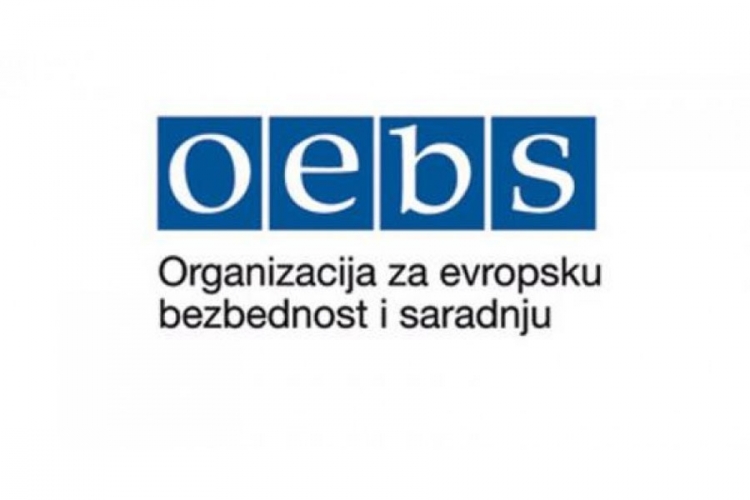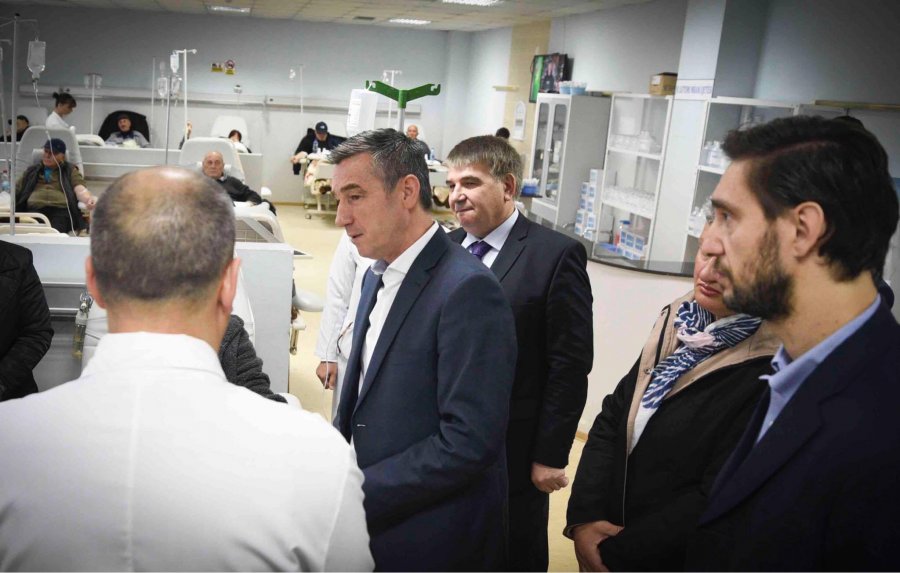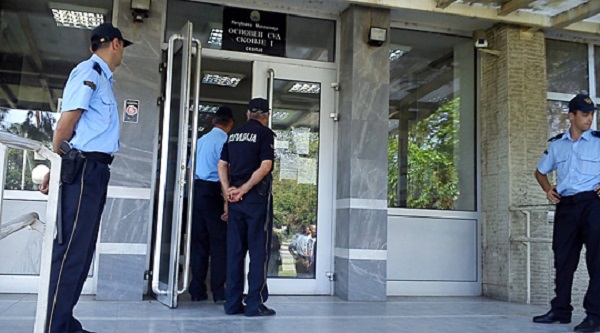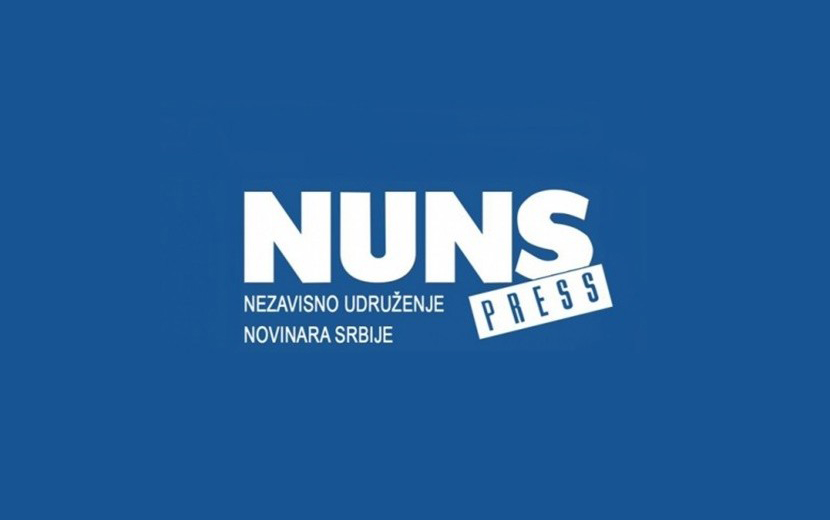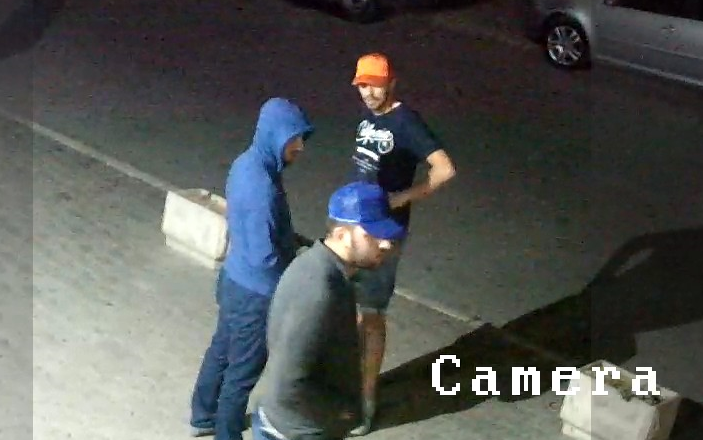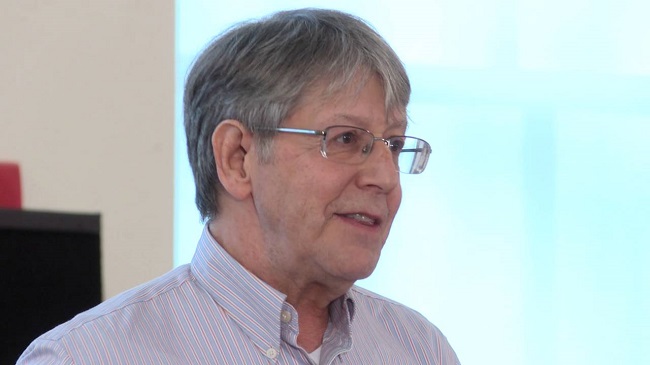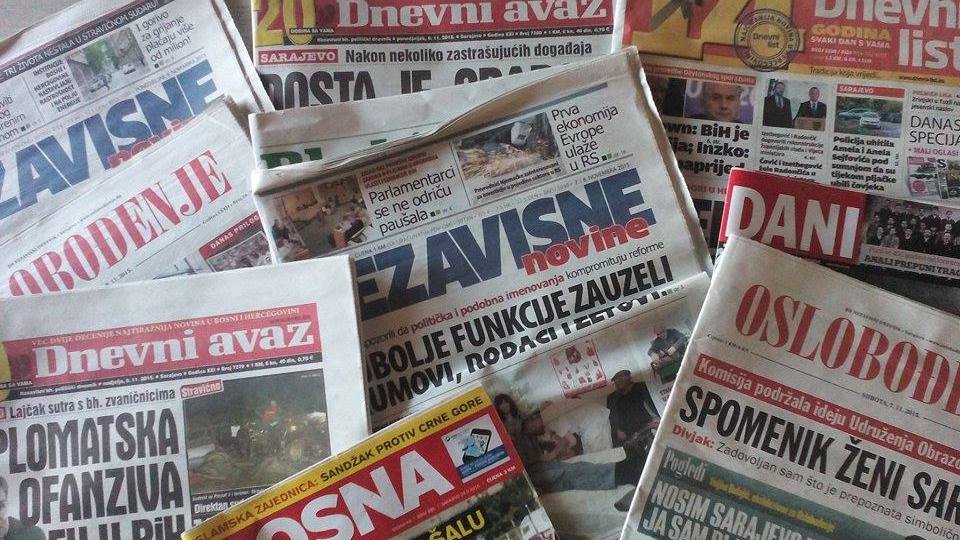Sarajevo, 07.11.2017.-Objective and fair journalism in Bosnia and Herzegovina faces many challenges. Some of these include an increasing trend of media financing; that is, financing deriving from public sources – or to be more precise, financing from municipal, city, town and cantonal budget funds.
This kind of trend has negative consequences not only on reputation of media house, but also jeopardizes objectivity and produces biasing of media houses that often (while searching for financial means and sustainability (survival) on media scene) must turn their eyes blind, in terms of professional reporting, regarding the work of those that provided them with financial subvention. Small media houses have been put under particular pressure, because of their rather modest material and technical possibilities and limited human resources which, in the tough fight with bigger media houses, have no chance to attract the attention of bigger and more powerful advertisers.
During the period of last 5 years, the city of Tuzla allocated BAM 305.000.00 from their budget funds to media subjects from Tuzla region. As far as the city govern- ing officials are concerned, this practice proved successful that, according to unofficial sources, has not (at least not in larger scale) been considered as subject to critics in media, because critics usually derived from visitors’ comments openly outlining obliterating certain facts, information spinning and disowning of public, regarding the questions considered as public interests.
Although editors and media entrepreneurs refuse to admit any type of pressure imposed on them by the governing officials who finance their media houses, one could raise the following question regarding this specific issue: Is it possible to make significant money profit in (media) market without making media houses to make favors in return? Just to remind the viewers, the 2012 survey having involved eight local websites (most popular ones at the time of this survey) in Tuzla region, displayed that five of them had applied for financial grants or taken place in public invitations for media houses co-financing, with half of these actually receiving these kinds of funds at the end.
Editors and journalists admitted then that their editing policies had been under pressure (more or less) by the local political officials. Half of the above-mentioned websites also admitted that they had been repeatedly put under pressure regarding posted media contents while three (3) websites had to remove or re-correct contents they had previously posted. Who gives the money to whom, how much money is being given and why some people simply give public money away? During 2016, the city of Tuzla allocated BAM 50.000.00 (in total) to media houses located in Tuzla region. Media houses that had already been receiving financial means from public funds (for the period of last 3 years) also received more than half of this amount. RTV Slon receiving BAM 15.000,00 is on top of this list, along with two local websites – String d.o.o. (Ltd); Tuzlarije receiving BAM 7.000, 00 and tuzlanski.ba (local website) receiving BAM 9.000,00. These three media houses were subject to most significant public subvention program in 2015, only RTV7 was, in terms of received financial means, the second most aided media houses in Tuzla region.
Last year, websites received around half of the total amount from planned financial budget funds through the public bid process, while this year, websites received around BAM 30.000,00 from public budget funds, out of the total BAM 50.000,00 amount. This fact clearly indicated the significance of information and news – based websites that have still been considered as dominating information providing sources, as far as Tuzla citizens are concerned (if not by their significance but definitely according to the number of visits and pages regarding currents affairs on these sites). Public money – legally allocated and distributed (and deriving from Tuzla budget funds) to information and news based local websites, displayed inappropriate case of practice (which is not even considered) as the new occurrence in Bosnia and Herzegovina media field.
This particular practice is (in the media field in BiH) and by all means – often referred to as – legitimate corruption. Editors, journalists and other staff working in media houses entitled to receive the above mentioned financial aid have not even considered this “receiving” as anything contrary to fundamental ethical principles of journalism. Consequently, a local website editor (identity well known to the author of this article), who received financial means, (during the public bid for financial allocation/distribution of money to media houses) stated that during these hard times in BiH (in terms of business sustainability), it would be “no shame to serve a regime and that the market was very tough so everyone has been forced to find their own way in order to prevail and sustain, so using all means available would consequently be allowed at the end”.
How to solve this problem? Legalized corruption (in terms of public support to media houses through the allocation of financial aids grants, public bids and invitations for help) through which all governing levels wish to “help objective, fair and professional media reporting”, presented difficulties to media houses work and operations they practice. Governing official authorities, paying certain media houses (legal payment through public invitations for bid or financial aid grants) for “objective, fair and professional” reporting, have direct benefits through these “funding”, because by allocating these financial aid means, they basically make the media houses remain silent (when they shouldn’t be) or the governing authorities at least manage to dull media critical views.
If we put this in the certain context, along with profiling of media houses (websites in the first place), including rather complex and turbulent media situation defined by insufficient media capital (but also defined by specific media market in BiH), it is then hard to speak about independent media houses. Media houses may preserve their sovereignty and reject impacts and influences (imposed against them by the governing official authorities at all levels), at the initial work stage, while these new media houses remain working in a noncorrupted manner.
We could talk about media independence and healthy media policy only if the capital, that is, funds necessary for proper work, derive and come from abroad (such as Al Jazeera Broadcasting Network) where for instance, these particular media houses do not need to apply for financial means and public funds allocation. Many media houses, unfortunately, have no opportunity to be financed in such way and this is why we gradually shrink down to some kind of media darkness.
Media changes must be produced from the inside (form media houses) and this includes critical masses willing to sacrifice in short terms, in order to create long-term results producing thus media benefits, based on the re-actualized and re-affirmed role they have in a society. Naturally, public money may remain as financial aspect for media houses, which does not necessarily have to be considered as the bad decision. The legal framework for media or creation of new media politics could help if it contained guidelines which would, through very transparent work (through the analysis of independent observers) monitor and supervise how reporting, critical analysis and fair and objective work, correlate with financing from certain governing levels.
If media managed to sustain their objectiveness and fairness, their professional work would not be jeopardized by the fact (including immanent pressures) that they indeed receive financial aid from certain governing levels (which again sounds special in the first place). The model which is in use at present, could and may have some bright future since the public would be provided with information, although their work is financed from public budget funds.
This text is a part of E-Bulletin– first edition of special serial of BHN online bulletin implemented through the “Media and Public Reputation” (origin. “Mediji i javni ugled”) project, also representing a contribution to public debate regarding the transparency of media ownership and upholding and encouraging the passing of set of laws aimed to advance media field and information market in BiH.


